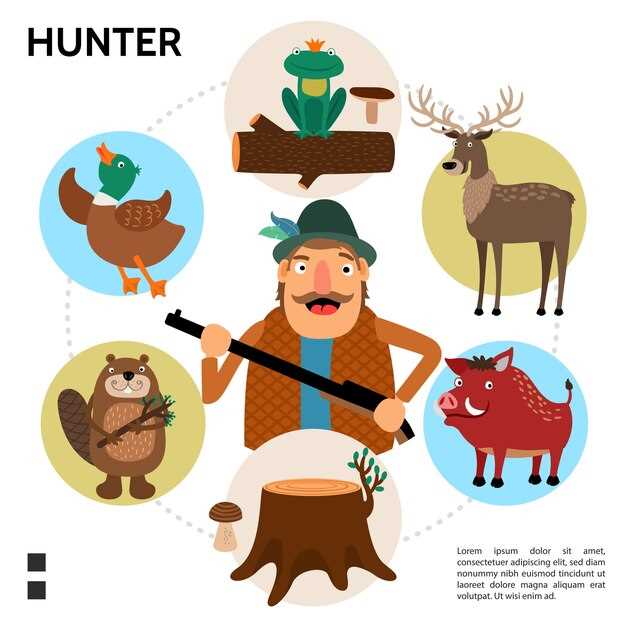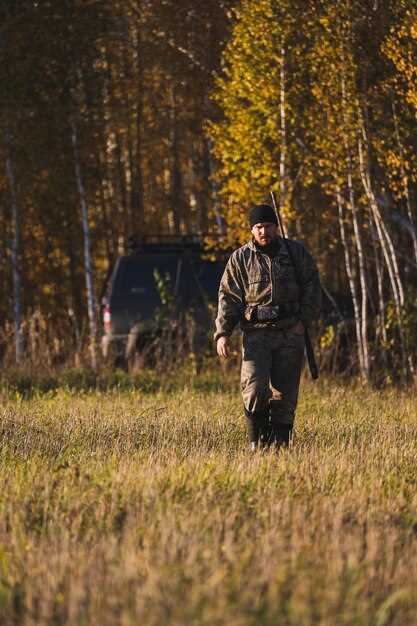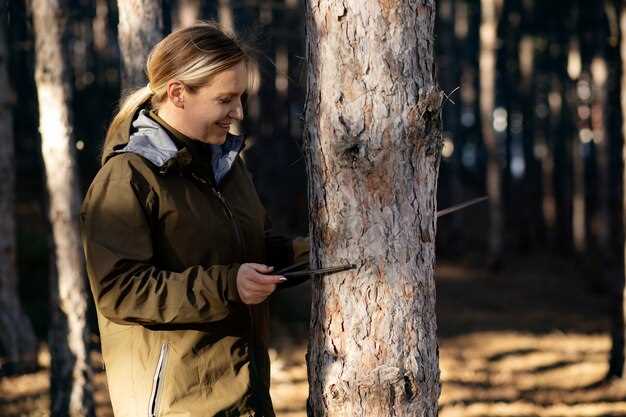Understanding Hunting Seasons and Licenses


Understanding the intricate laws surrounding hunting seasons and license requirements is essential for both novice and seasoned hunters. These regulations not only ensure the sustainability of wildlife populations but also promote ethical hunting practices. Each state has its own set of rules, making it imperative for hunters to familiarize themselves with the specific requirements applicable to their locations.
Every hunting season is governed by distinct time frames, which are designed to align with the life cycles of various game species. The timing of these seasons can significantly impact hunting success and the overall health of wildlife. Furthermore, adhering to these laws helps maintain a balance in ecosystems, fostering an environment where both hunters and wildlife can thrive.
In addition to understanding the seasonal schedules, prospective hunters must navigate the licensing requirements, which serve as a framework for responsible hunting. Obtaining the proper licenses not only aligns with legal expectations but also reinforces a commitment to conservation efforts. This guide aims to clarify these critical components of responsible hunting, ensuring that all participants can enjoy this cherished tradition while preserving the natural world.
Understanding Regional Hunting Seasons and Their Timelines

Hunting seasons vary significantly between regions, influenced by local wildlife populations, climatic conditions, and the specific regulations established by state and national laws. Each region has distinct timelines that dictate when hunters can legally pursue certain game species, ensuring sustainable wildlife management and conservation efforts.
It’s crucial for hunters to familiarize themselves with the specific seasons applicable to their area. For instance, big game hunting seasons typically open in the fall, while small game and bird hunting often align with different parts of the year. Regulations detail the start and end dates, allowing hunters to plan their activities accordingly and remain compliant with local laws.
Additionally, some regions may implement varied timelines based on factors such as species, age, or sex of the animals. For example, certain states may allow hunting of doe during specific segments of the fall season, while buck hunting may have more extended timelines. Thus, understanding these regulations is vital for successful hunting and for maintaining the balance within the ecosystem.
Hunters should also be aware of the importance of local permits and licenses, which can further influence hunting timelines. Specific licenses may be required for different types of game, and these can affect the overall hunting experience. Checking with the local wildlife agency will provide detailed information about the necessary licenses and any seasonal adjustments.
In conclusion, being well-informed about regional hunting seasons and their timelines is essential for all hunters. This knowledge ensures compliance with regulations, promotes ethical hunting practices, and supports conservation efforts for wildlife populations in each unique region.
Navigating the Licensing Process for Hunters

Obtaining a hunting license is essential for every aspiring hunter. The process can vary significantly depending on local laws and regulations. Familiarizing yourself with these requirements is the first step towards a successful hunting experience.
Start by identifying the specific hunting regulations in your state or country. Most jurisdictions require hunters to complete a safety course related to hunting. These courses often cover wildlife conservation, ethical hunting practices, and the importance of adhering to laws in place. Ensure you look for state-approved programs, as completion of these courses is usually mandatory before one can apply for a license.
After completing a safety course, you will need to gather documentation for your license application. This may include proof of course completion, identification documents, and any previous hunting licenses if applicable. Be prepared for age-specific requirements; for instance, minors may need adult supervision or a guardian’s approval during the application process.
Check whether your jurisdiction offers online applications. Many states have simplified the process, allowing you to apply directly through a government website. If online applications are not available, you may have to visit a wildlife agency office or a designated retailer. Be mindful of the application fees, which may vary widely based on factors like age, residency status, and the type of hunting you intend to pursue.
Once your application is submitted, you may have to wait for processing. Keep an eye on any communication from the licensing authority. If your application requires additional information or clarification, responding promptly will help expedite the process.
In addition to the license itself, understand that various hunting seasons may require specific tags or permits. Ensure that you are aware of the regulations regarding these additional requirements to avoid potential fines or penalties. Staying informed about laws and changes to hunting regulations is crucial for a responsible hunting experience.
Finally, remember that a hunting license must be renewed periodically, so keeping track of renewal dates and maintaining compliance with ongoing educational requirements is essential for future hunting adventures. By knowing and following the licensing process, you contribute to wildlife conservation efforts and ensure your participation in this beloved tradition is both lawful and responsible.
Complying with Local Hunting Laws and Regulations
Before embarking on any hunting trip, it is crucial to familiarize yourself with the local hunting laws and regulations. Each state or region may have specific rules regarding hunting seasons, permissible game, and licensing requirements. Compliance with these laws not only ensures the conservation of wildlife but also promotes safety and ethical hunting practices.
Start by consulting your local wildlife agency’s website or office. They provide valuable information on hunting seasons for various species, including any open or closed zones. Typically, laws will vary depending on the type of game you intend to pursue, such as big game, small game, or migratory birds. Understanding these distinctions can prevent potential violations.
Licensing is another fundamental aspect of hunting regulations. Most regions require hunters to obtain specific licenses or permits before participating in hunting activities. This process often entails passing a hunter education course to ensure that all hunters understand safety protocols and wildlife conservation principles. Keep your license current, and always carry it while hunting.
Moreover, hunting laws may include restrictions on the use of specific equipment, such as firearms or bows. Pay attention to guidelines regarding caliber, ammunition, and hunting methods, as these can differ significantly depending on the type of game and regional regulations.
Finally, it is essential to stay updated on any changes to local hunting laws. Regulatory bodies frequently revise rules to address wildlife populations, environmental concerns, or safety issues. Regularly checking for updates will help you remain compliant and responsible as a hunter, ultimately supporting the sustainability of hunting as a valued outdoor activity.




